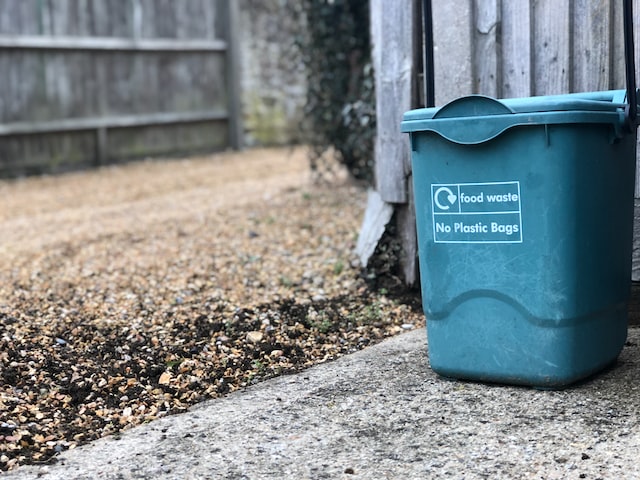Photo by Patricia Valério on Unsplash
Like any other big urban area, Portland has always had to deal with pests – rats and mice especially so. The temperate climate makes it even easier for rats to survive, and thrive, and now, according to WJBQ 97.9, construction is pushing even more of the rodents out into the open. While most people won’t feel the impact of rats directly, they can be having a deleterious impact on homes and lives across the city – even when you can’t see them running around. Rats are, nevertheless, animals that are just trying to exist as evolution nudges them to – so what’s the solution?
Damage to homes
Aside from leaving droppings and urine all over the place, rats will damage the very things that are required to make a house comfortable and liveable. That includes walls, foundations, and, crucially, wire fittings. Rats are known to chew through electrical wire and piping, especially if it’s sheathed in plastic, and that can create a direct fire risk. The best way to prevent this happening is to make the home as unappetizing as possible. A well renowned guide on preventing rat infestations, published by Oregon Live, recommends keeping a lid on garbage; keeping vegetation three foot from the edge of your property; keep nuts, seeds and fruit locked away, so vermin cannot pick up the scent; and keeping the toilet seat down, as vermin can come up through the sewers.
Bringing in control
When it comes to actually controlling rat populations, there is something of a losing battle to be fought. The most common way of attempting to control vermin is through poisoning; the idea being that a rodent will bring poison back to the nest, and this, in turn, will eliminate a whole range of rats, rather than just individually eliminating them. Another tool commonly used is the electric trap, which humanely kills the animal while not requiring reset. In the home, you’ll most likely want to speak to a pest control expert – but just beware, there isn’t a generally accepted ‘nice’ way of controlling vermin.
Living side-by-side?
While Portland has a lot of rats, it’s argued that this is just a symptom of any urban space – where you have humans, you have rats. One study, published on ResearchGate, notes that Portland tends to have a better time with their rat population – despite the high numbers. Societal principles such as recycling, ensuring garbage is properly stored, and an overall tendency not to waste food means that rats were forced to adapt to lower calories. That means fewer rats, less congested communities and, crucially, happier vermin. That sounds counter-productive, but it actually makes them less aggressive. Compare this to New York City, where rat bites are report hundreds of rat bites a year; Portland reports zero. Rats are also far less likely to aggressively hunt for food, and will stay out of sight.
This is, in essence, the only reason human beings are uneasy about the thought of rats. Out of sight, out of mind, is the key. Sticking to time-honored Portland principles, and behaving in a civil manner, will keep the rats at bay.




